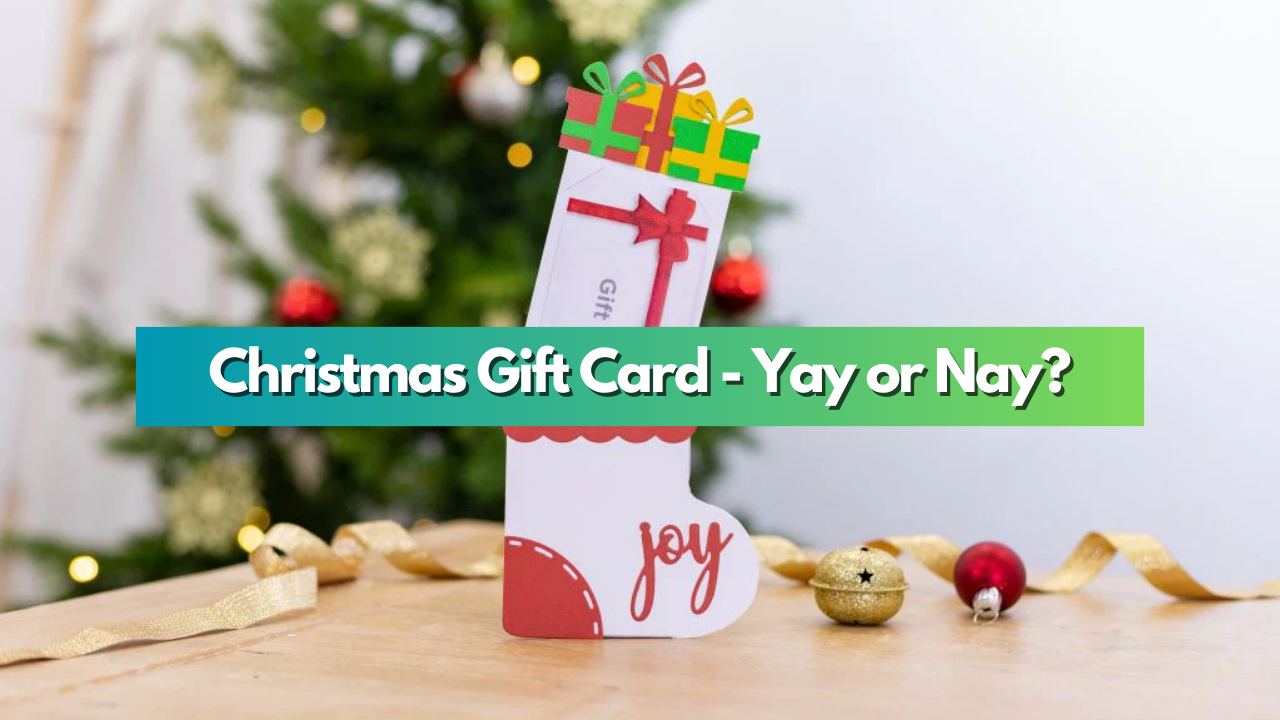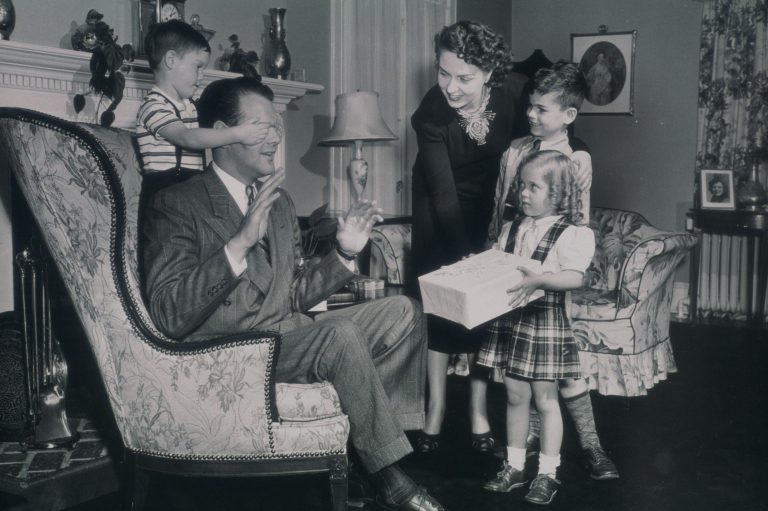The season of giving is upon us, a time when the twinkling of festive lights is only outshone by the smiles of loved ones exchanging carefully chosen gifts. Amid the plethora of present options, there are some kinds of gifts that need serious considerations, and the Christmas gift card often emerges as a seemingly fail-safe choice. They’re convenient, they’re flexible, and they suggest a world of possibilities – but do they really capture the essence of the season? In the following discourse, we will unravel why Christmas gift cards, contrary to popular belief, should indeed be the last choice when it comes to expressing your affection and thoughtfulness during this cherished time of the year.
Table of Contents
ToggleThe Lack of Personal Touch
At the heart of the Christmas tradition is the personal connection, the sense of togetherness, and the act of showing someone you have taken the time to understand what brings them joy. A gift card, while practical, is often perceived as an impersonal token, lacking the warmth and thoughtfulness that a hand-picked gift carries. It’s akin to speaking through a translator when you could instead learn the language of your loved one’s preferences, desires, and needs.

The Surprise Element
Unwrapping a gift is a sensory and emotional experience. The rustle of wrapping paper, the anticipation, and the eventual reveal, creates a moment of genuine surprise and delight. This experience is significantly diluted with a gift card. The revelation isn’t in the card itself but in what it can be exchanged for at a later date. The recipient is robbed of the immediate joy of discovering a chosen gift, tailored just for them, at the moment of exchange.
Economic Implications
Gift cards may seem like a financially savvy option, but they are often laden with hidden costs and limitations. They can come with expiration dates, dormancy fees, or limitations on where and how they can be used, making them less valuable than their face amount. Moreover, billions of dollars on gift cards go unspent every year, which translates to wasted money that could have been used for presents that would be immediately cherished and utilized.

The Illusion of Choice
A gift card presents the illusion of infinite choice, but this is a double-edged sword Christmas gift. It shifts the burden of decision-making onto the recipient, who may feel overwhelmed or indecisive about how to spend a generic amount of money. This is especially true if the gift card is for a retailer that the recipient seldom visits or has no interest in. Instead of offering freedom, it can create an obligation or a chore for the recipient to find something they would like to purchase.
Missing the Experience of Gifting
Choosing a present for someone is an experience in itself – it is an exploration of empathy and an exercise in understanding. By selecting a gift card, the giver misses out on the opportunity to connect with the recipient on a deeper level. The process of selecting a gift can be as rewarding as seeing the joy it brings. It is an opportunity to share a piece of oneself, which is fundamentally what Christmas is about – sharing and caring.
Lack of Uniqueness
Christmas is a time when unique and personalized gifts shine. A gift card, however, is one-size-fits-all. It lacks the uniqueness that could make a gift stand out. In a world where personalization is increasingly appreciated and accessible, settling for the generic option of a gift card can be seen as taking the easy way out rather than taking the time to find something truly special.

The Afterthought Stigma
Gift cards can sometimes be perceived as a last-minute purchase, a quick grab from the grocery store checkout line, suggesting that the giver ran out of ideas or time. This can inadvertently convey a message that the recipient was an afterthought, which is antithetical to the season’s spirit of showing care and appreciation.
Cultural and Personal Relevance
Gift-giving is a tradition that holds cultural significance and personal sentiment. A gift that is chosen with someone’s heritage, interests, or hobbies in mind can become a cherished keepsake, a symbol of a bond, or even a conversation starter. A gift card lacks the capacity to encapsulate such cultural nuances and personal connections, making it a far less meaningful option.
The Emotional Value
Ultimately, the value of a Christmas gift is not merely in its material worth but in its emotional resonance. A well-considered gift carries with it the emotional investment of the giver – a story, a memory, or a personal touch that a gift card cannot convey. A gift card’s value is tied to its purchasing power, whereas a thoughtful gift’s value is tied to the emotional response it evokes.

Conclusion
In a world that increasingly values convenience over connection, a gift card can seem like an attractive choice. However, when we peel back the layers of practicality, we find that what makes a gift truly special is everything that a gift card is not – personal, unique, considerate, and emotionally resonant. This Christmas, let us not settle for the path of least resistance. Let us instead choose the route of more profound thoughtfulness, embracing the opportunity to show our loved ones how much we truly understand and appreciate them through our gifts. The act of gifting is an art, a testament to the relationships we hold dear. So before you reach for that gift card, pause and consider: isn’t the joy of Christmas found in the loving thought put into the gifts we give?












+ There are no comments
Add yours